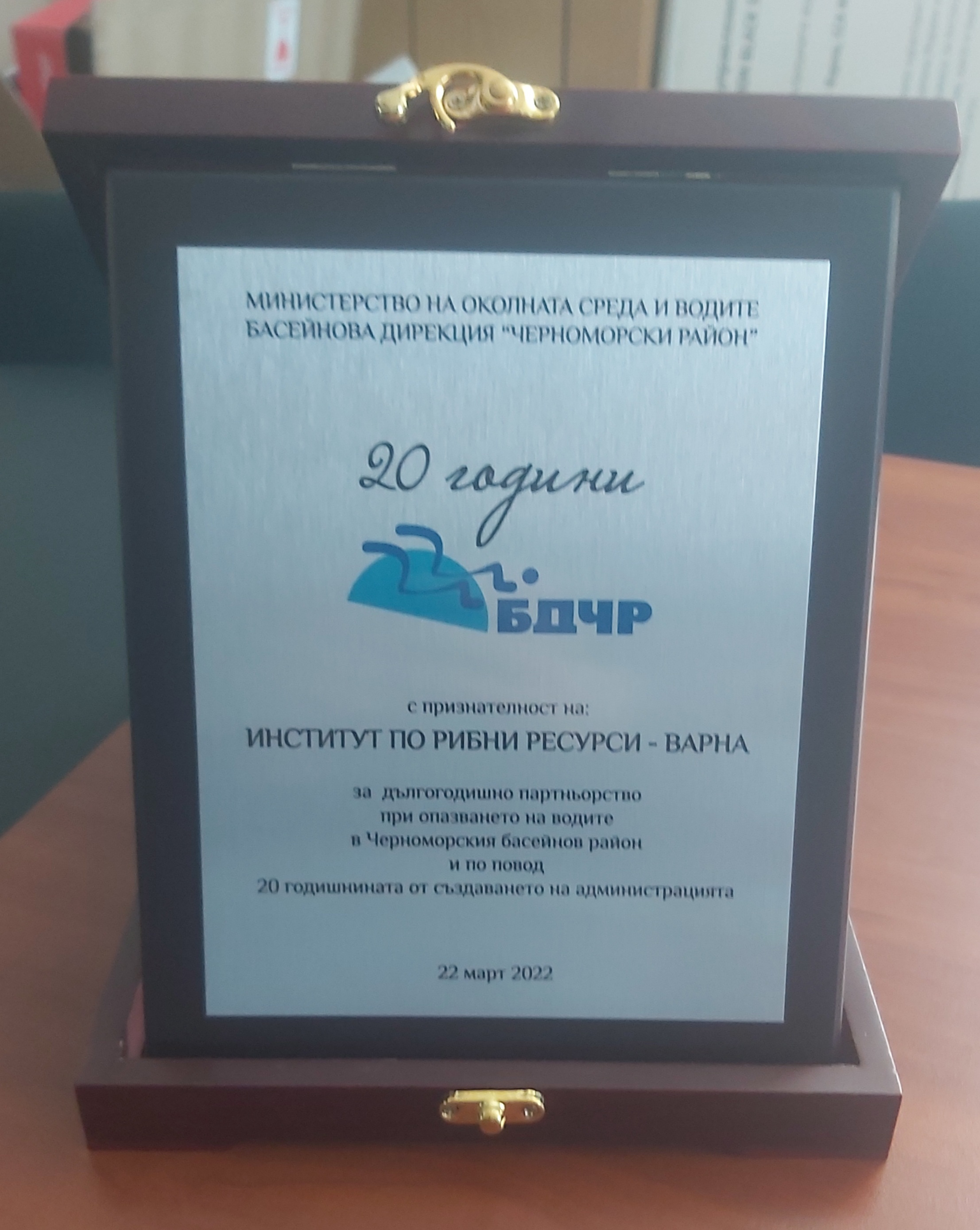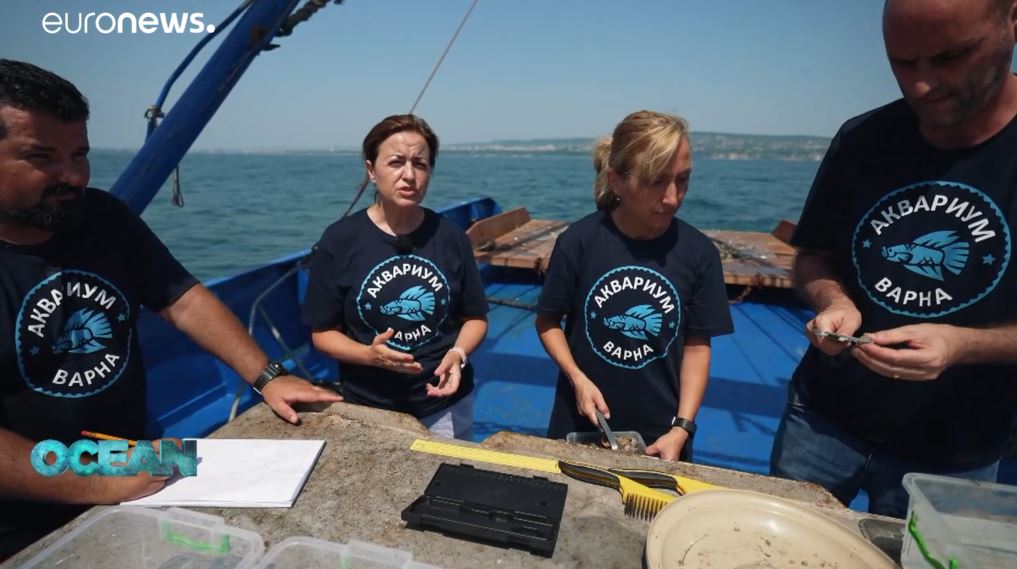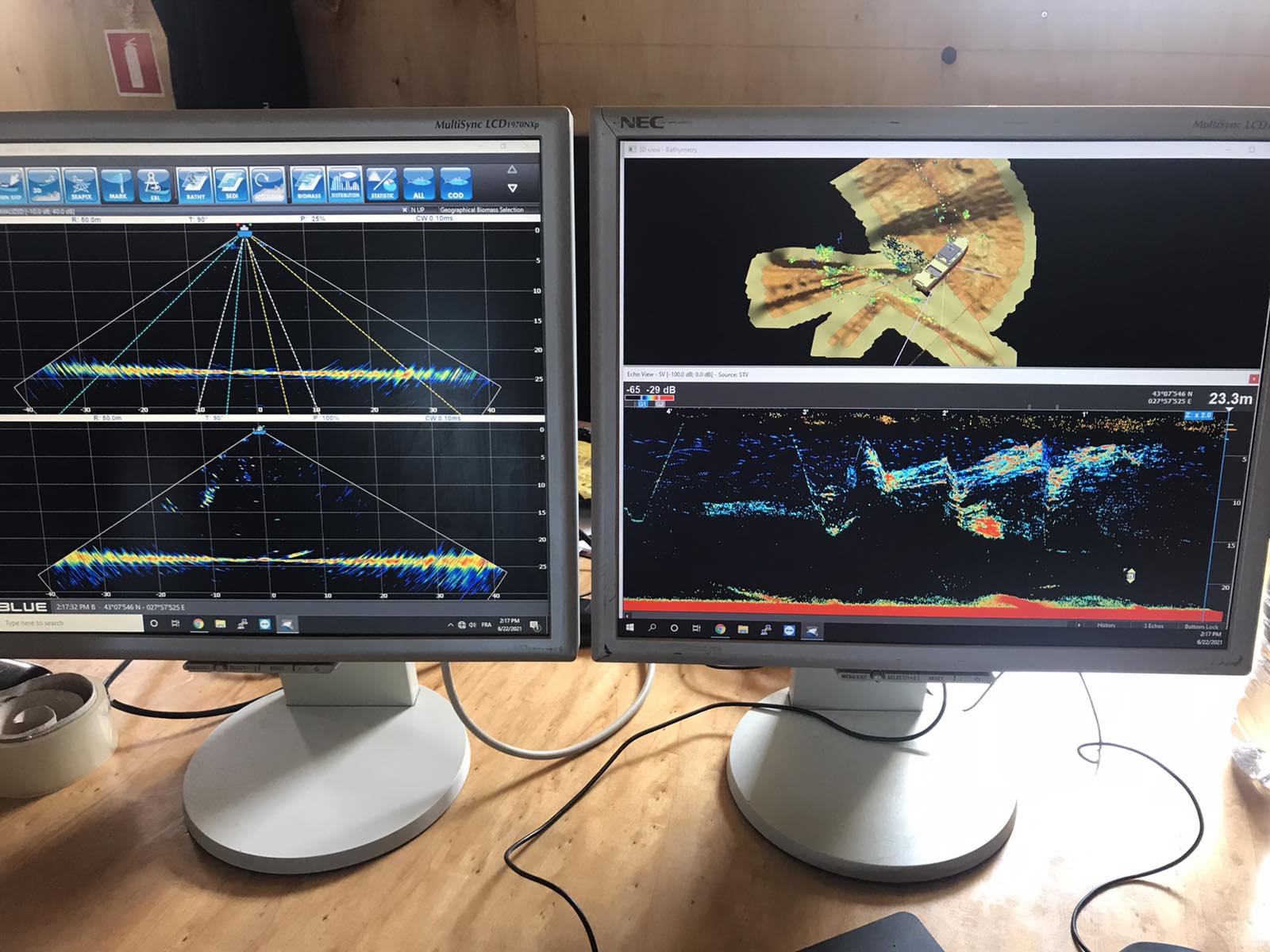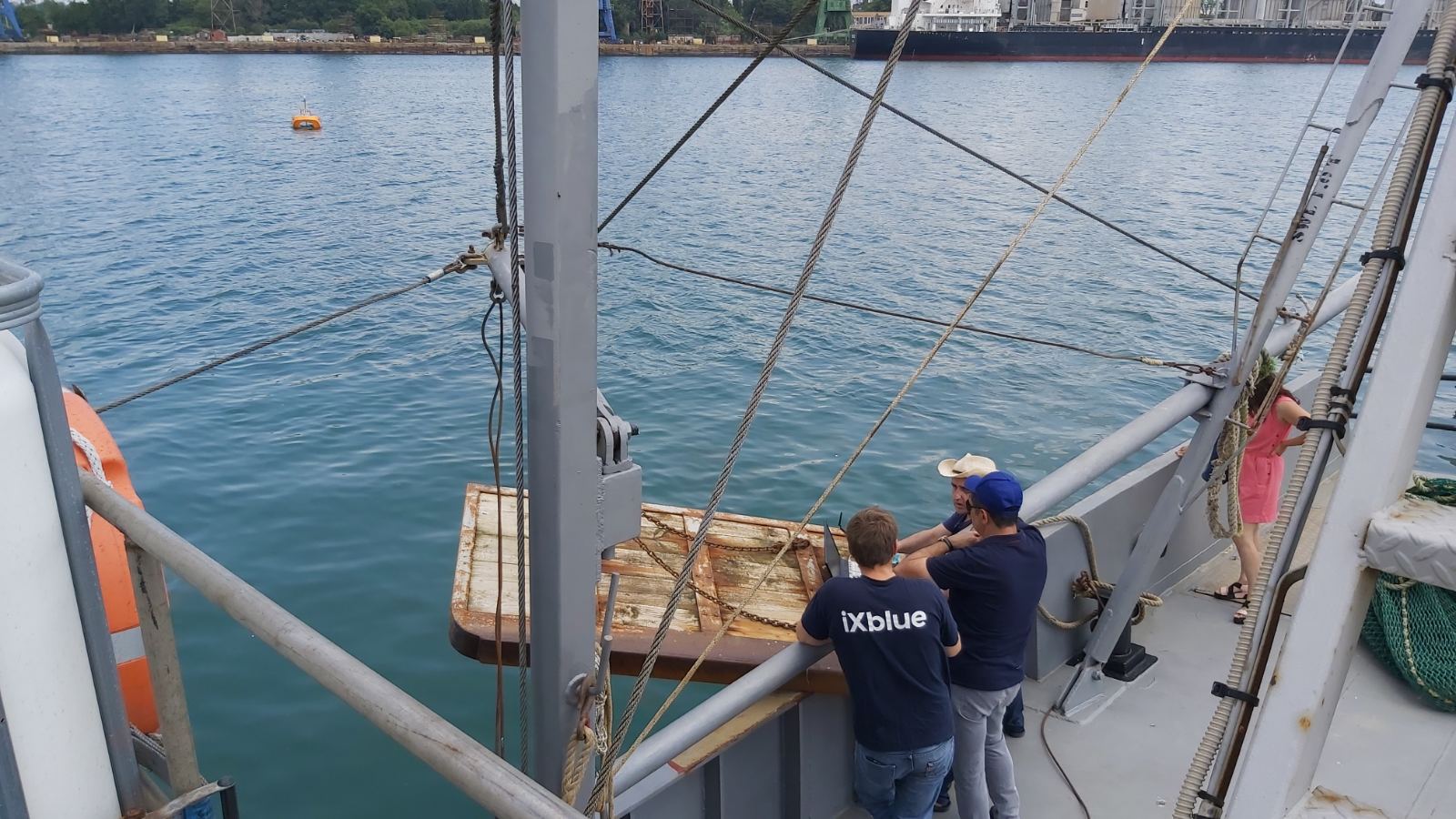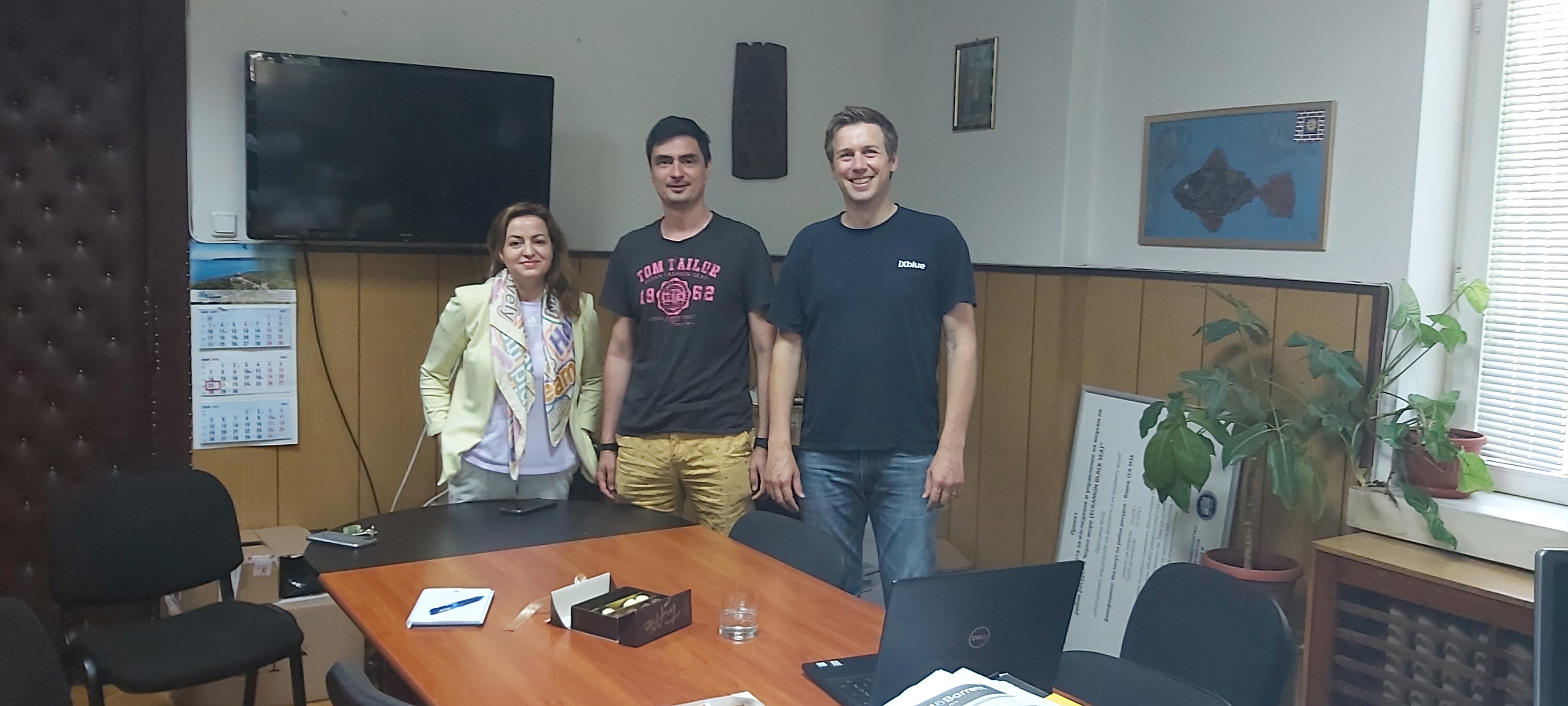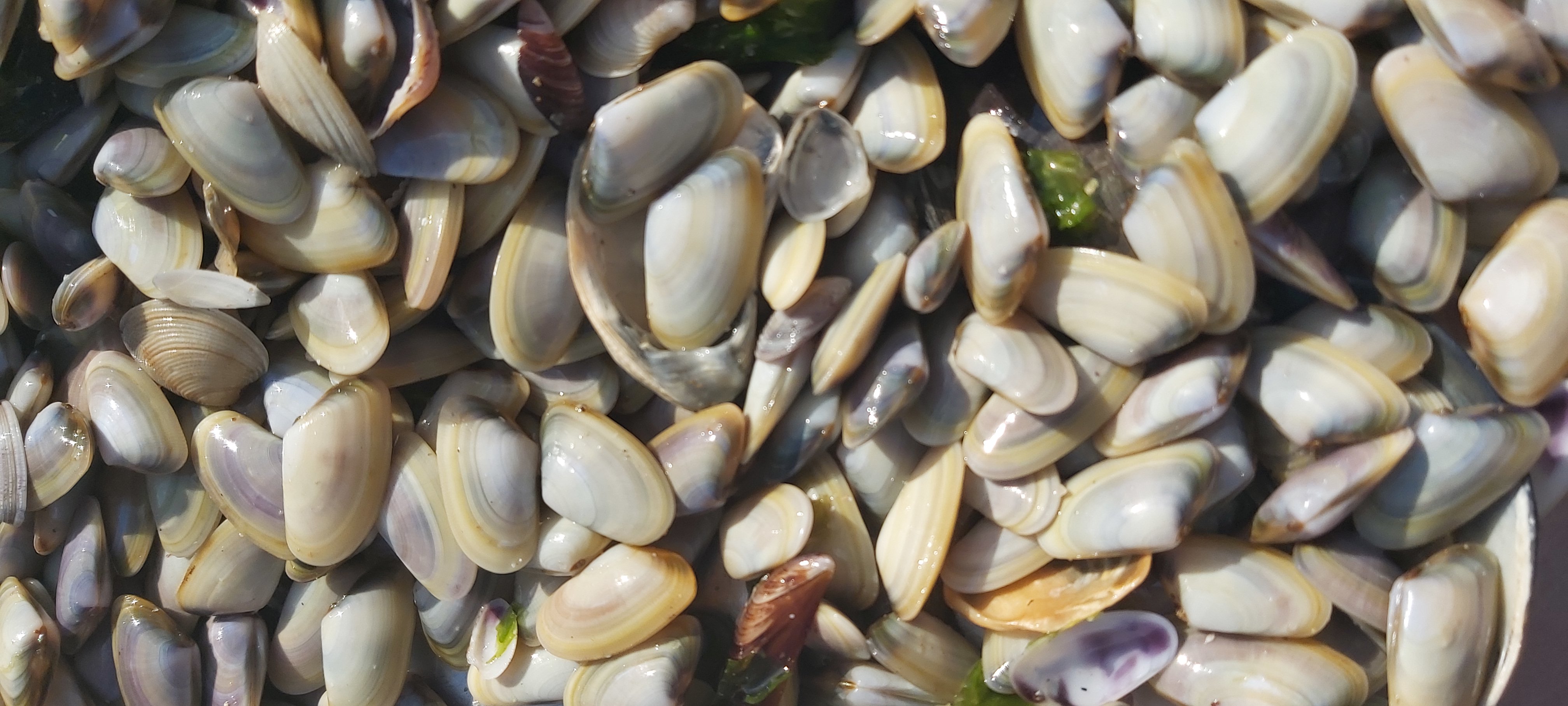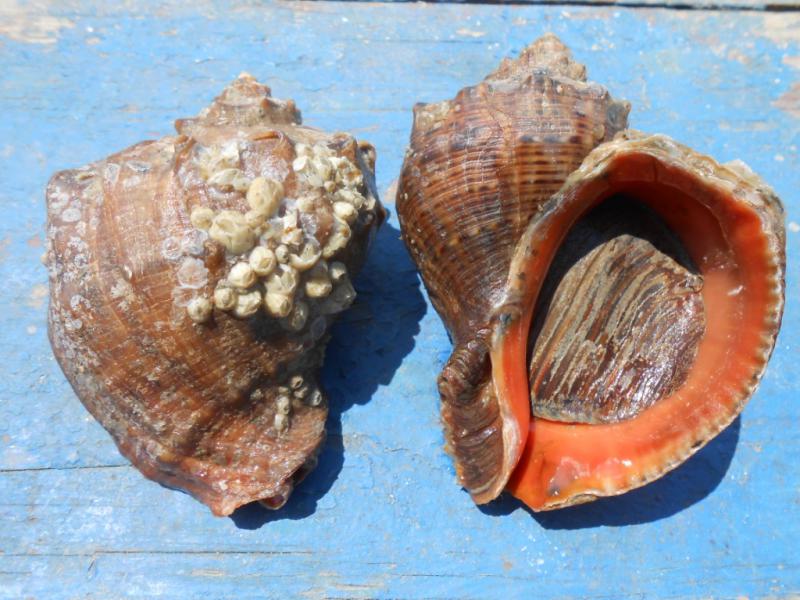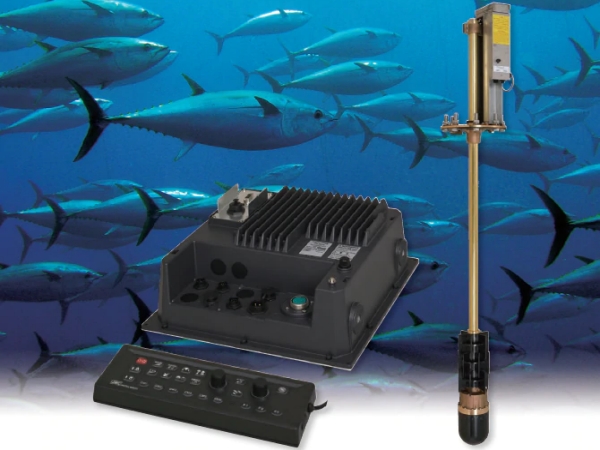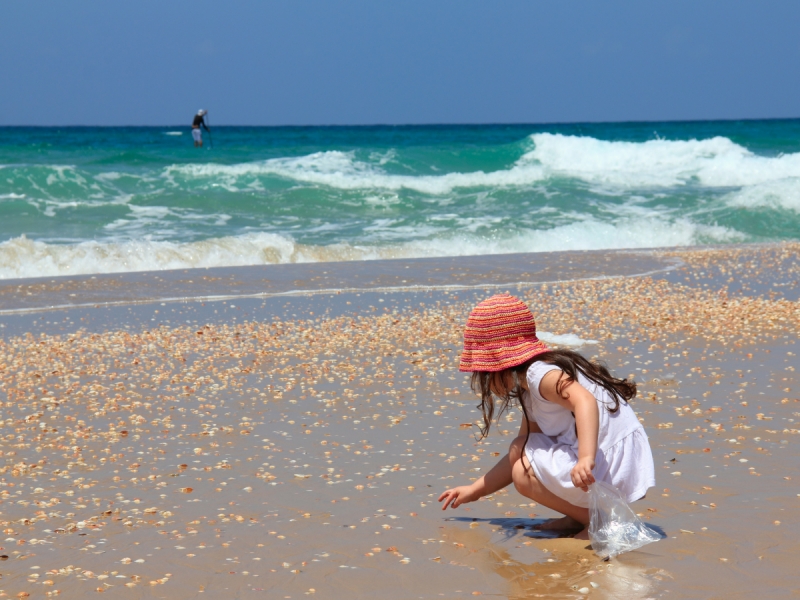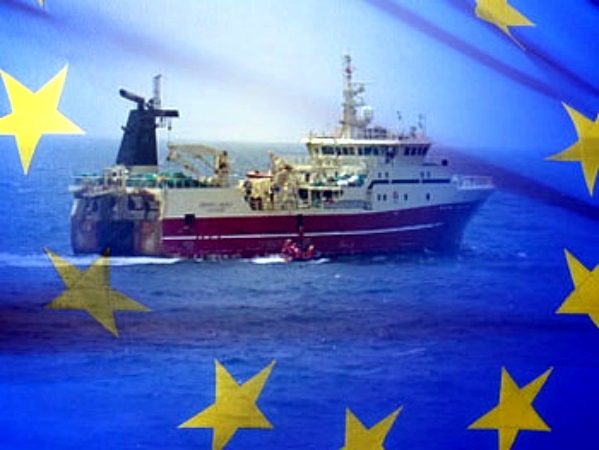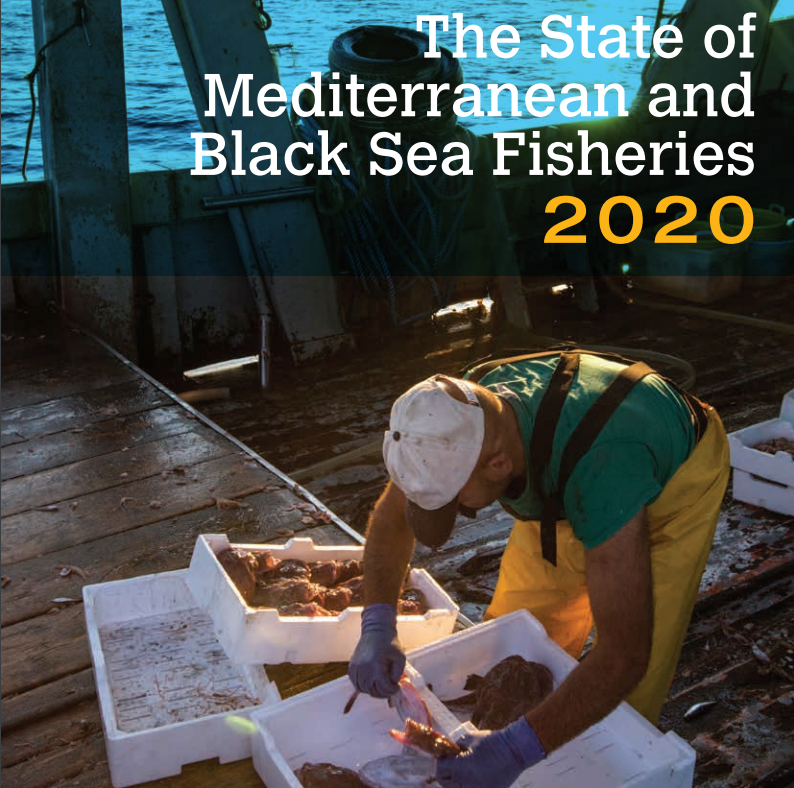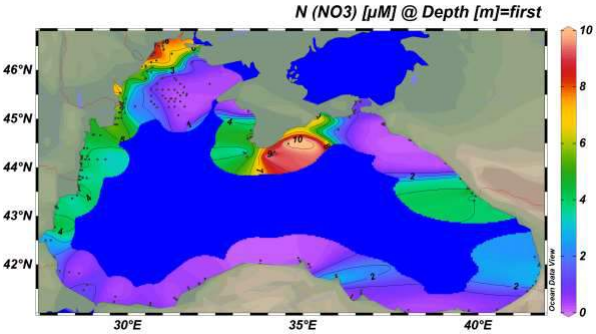Института по рибни ресурси (ИРР) - Варна към Селскостопанската академия беше домакин на Национална среща на заинтересованите страни в България за управленски мерки и оценка на състоянието на запасите на вида Rapana Venosa. Срещата беше организирана на 28 април 2022 в гр. Варна в рамките на проекта BlackSea4Fish „Technical cooperation to support fisheries management in the Black Sea”. Събитието е част от поредица работни срещи провеждани с подкрепата на Генралната Комисия по Рибарство за Средиземно Море (General Fisheries Commission for the Mediterranean – GFCM) в няколко черноморски държави.
Председателят на Селскостопанската академия проф. д.н. инж. Мартин Банов откри срещата и изтъкна важността от подобряване на текущото управление на популацията и използването на рапана, превърнал се с течение на времето от инвазивен, неместен вид, във важен ресурс за приходите на местните рибари и индустрията. Изграждането на общ, регионален подход, базиран на научни изследвания и мониторинг, гарантиращ устойчив начин за управление и постигане на баланс между търговския риболов на този вид и същевременно осигуряване на защитата на други видове в екосистемата на Черно море е от огромно значение за България.
Работната среща предостави форум за дискусия между представители на органи за държавните органи за управление на сектор рибарство, рибари, изследователи, инспектори, представители на преработващата промишленост, износители, представители на неправителствени организации и други заинтересовани страни. Предстои да бъде изготвена оценка на състоянието на запасите на вида Rapana Venosa и предложение за управленски мерки за устойчивост, както и да бъде насърчен обмена на добри практики в тази област. Проекта BlackSea4Fish има съществен принос към подобряване на събирането на данни (биологични, икономически и научни) за улова на рапани в Черно море, и си поставя за цел да подпомогне провеждането на регулярен мониторинг в тази област.
Резултатите от проведените национални срещи в Турция, България и Румъния ще бъдат обсъдени по време на предстоящата регионална онлайн среща, планирана за 9 май 2022 г., където ще бъдат предложени и мерки за управление на рапана в регионален мащаб (за повече информация посетете: https://www.fao.org/gfcm/activities/fisheries/small-scale-fisheries/ssfforum/en/ ).





